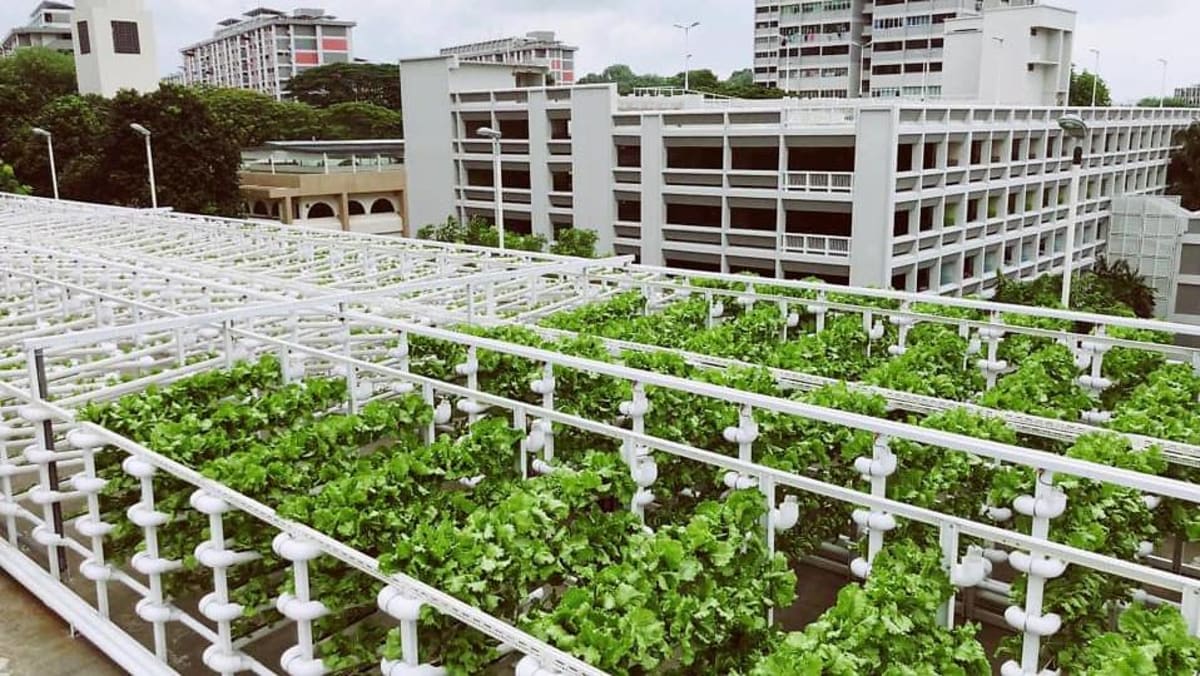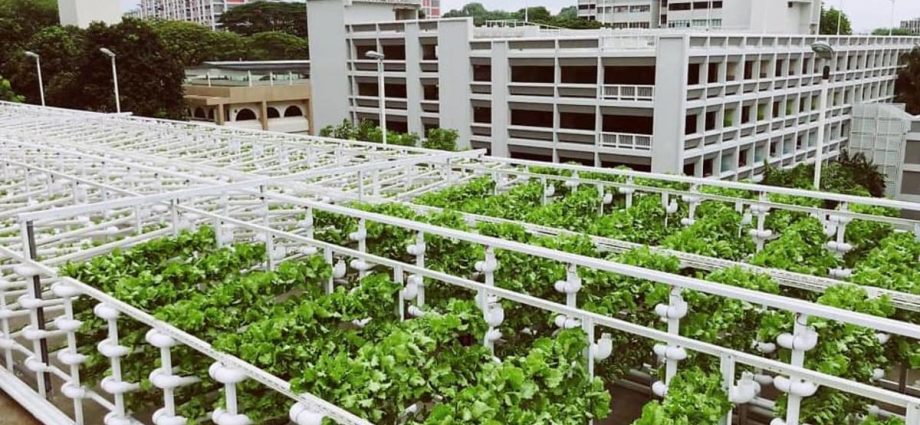
Mr Heng said that research and development efforts in Singapore would also contribute to the food needs of the region and the world.
To illustrate this, he used the examples of rice, dairy products and alternative proteins to represent traditional, modern and future foods respectively.
He highlighted how the Temasek Life Sciences Laboratory is working on making rice cultivation more sustainable, while Singapore-based companies like Oatside and WhatIF Foods have created plant-based milk alternatives.
He also discussed the work of local companies such as Shiok Meats, Esco Aster and Next Gen Foods.
“Alternative proteins are potentially more sustainable compared to traditional cattle and poultry farming, consuming much less water and arable land, with a smaller carbon footprint,” Mr Heng said.
Concluding his speech, Mr Heng said that agri-tech and food-tech remains a bright spot, although the global food challenge has become more pressing.
“Singapore is keen to do our part, for ourselves and the region,” he said.
“We are doubling down on the Singapore Food Story to strengthen our food resilience goals. We are also committed to improving lives in the region working in collaboration with partners from around the world to shape how food is developed and produced, ranging from traditional, to modern, to future foods.
“The potential to create positive change is tremendous.”

